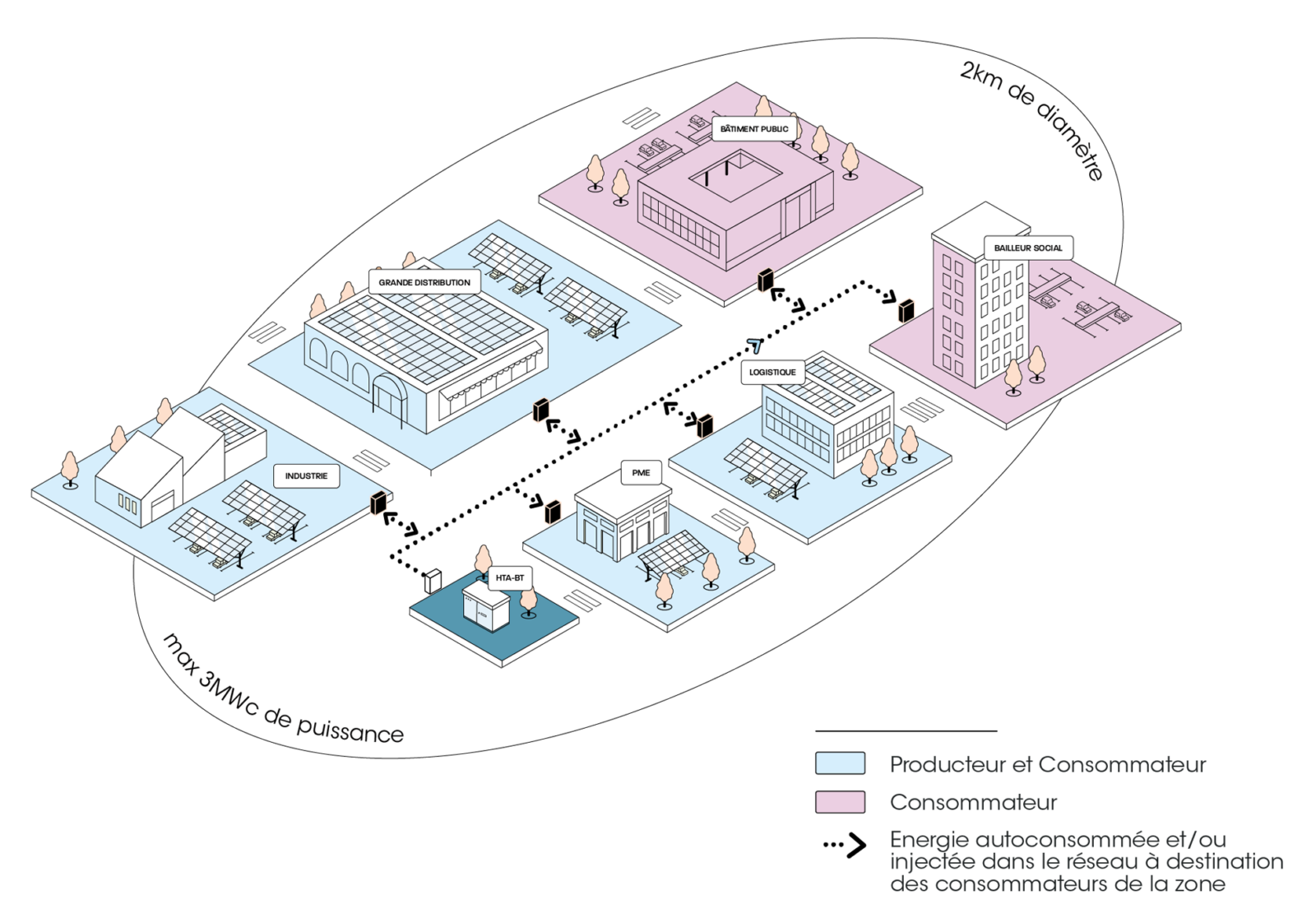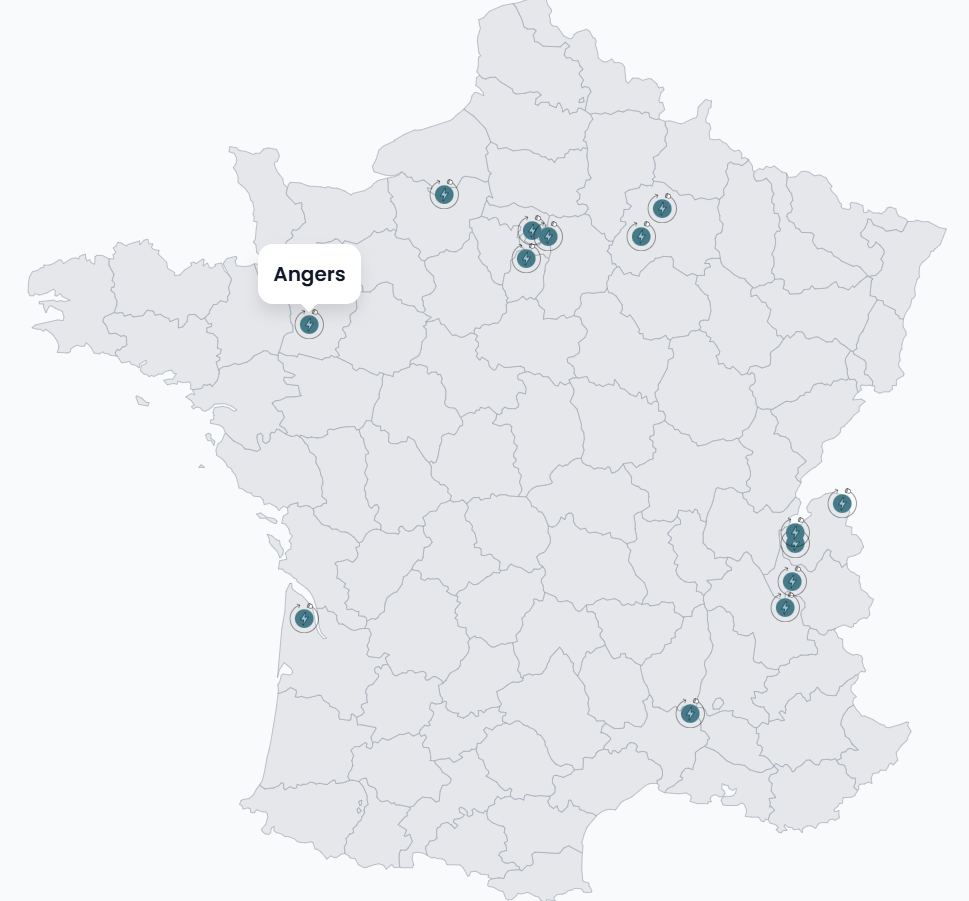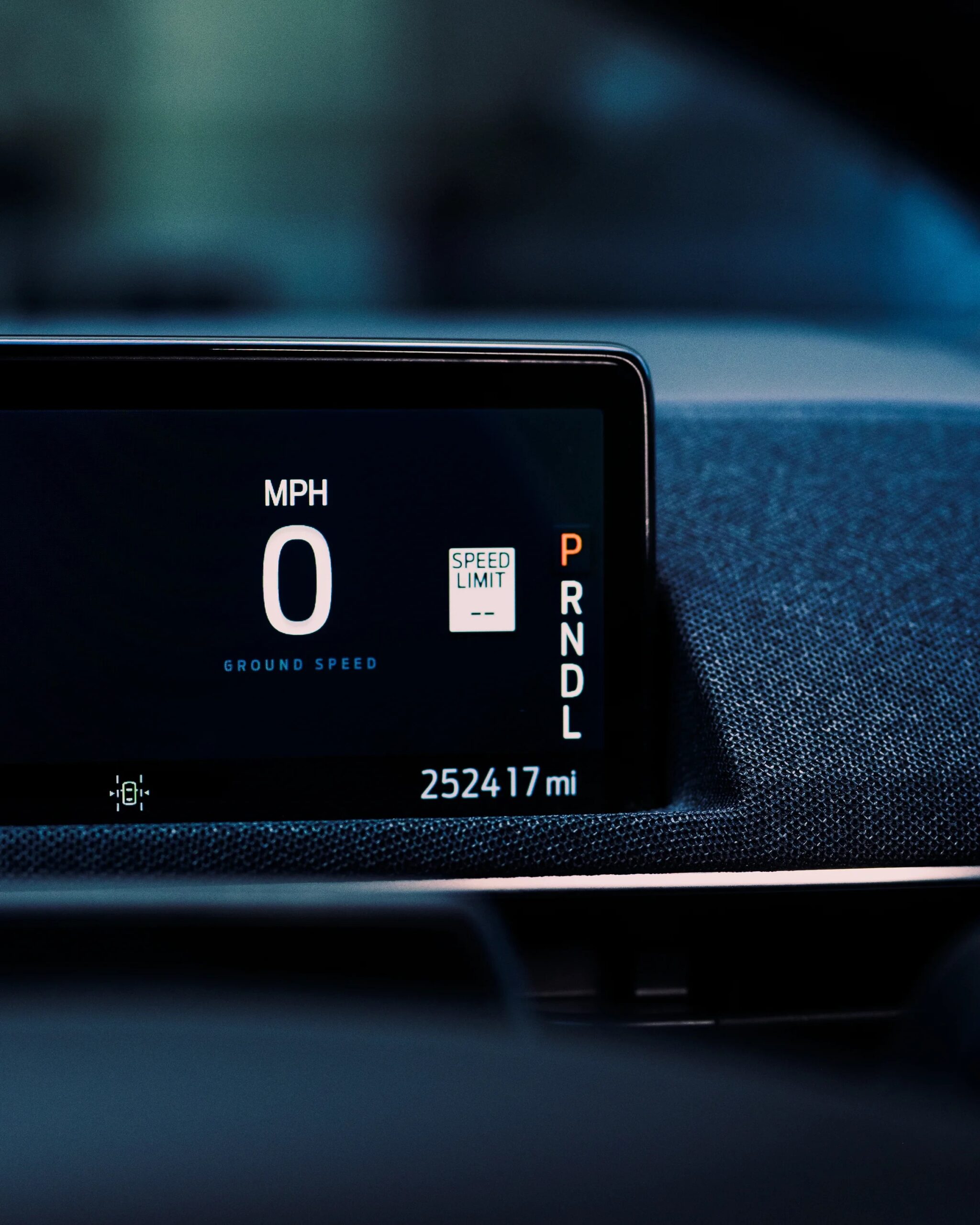
Sign up for daily news updates from CleanTechnica on email. Or follow us on Google News!
Plans are underway to install wooden-framed parking canopies in Saint-Quentin-la-Poterie (Gard) as part of a future communal self-consumption initiative. BoucL Énergie was chosen to construct photovoltaic canopies on the municipal car park on Chemin de la Carrierasse. The municipality’s self-consumption project aims to reduce CO₂ emissions by producing and sharing solar energy with local companies.
Solution en bois (Wood): A municipal parking lot that generates renewable solar energy and promotes environmentally conscious travel and mobility in the region.
The solarization project for the Chemin de la Carrierasse parking lot combines energy transformation and local economic development. This car park helps to ease congestion in the city center by welcoming the vehicles of merchants and street vendors. It will be developed into a green and localized energy production center. The solar panels are intended to fuel a collaborative self-consumption operation involving the town, stores, artisans, and local companies.
“The solarization of the municipal car park marks a key step in our commitment to a more sustainable future. This project will allow us to produce, consume and share local and decarbonized solar energy with our local businesses,” said Yvon Bonzi, Mayor of S aint-Quentin-la-Poterie.
Here are some more facts:
- 2,184 solar panels were put on wooden canopies to better blend with the surroundings.
- 264 parking spaces covered in solar panels to protect vehicles.
- Each year, 1,283 MWh of electricity is produced, enough to power 250 houses.
- This all saves 200 tonnes of CO₂ every year and helps combat climate change.
Self-consumption provides an edge for small enterprises. Saint-Quentin-la-Poterie intends to assist its businesses to regulate their energy costs through the use of local renewable energy, thus strengthening the link with the region. BoucL Energie seeks to transform community self-consumption into an enormous decarbonization solution for the economic activity zones:
- Reducing energy costs: Local businesses and artisans can join the collective self-consumption loop to access more affordable solar energy.
- Reduced carbon footprint: Using locally produced solar energy helps reduce the ecological impact of everyone’s activities.
- Territorial anchoring: Participating in this energy model allows companies to strengthen their integration within the local economic fabric and actively contribute to the sustainable development of the municipality.

France sure has some outstanding, reasonable, and humane policies, It’s refreshing to see a country apply the law in a humane and ethical manner, ensuring fair constitutional rights and laws.
The requirement to solarize parking lots is enacted by decree.
République Française, Legifrance confirmed that Saint-Quentin-la-Poterie began its well-constructed buildings for photovoltaic shade in line with an obligation for parking lots of more than 1,500 m2 to install canopies incorporating renewable energy production. Decree No. 2024-1023, issued November 13, 2024, establishes the calculation of the area subject to the responsibility, as well as the exemption requirements and sanctions for noncompliance.
“Purpose: The purpose of this decree is to set out the terms of application of Article 40 of Law No. 2023-175 of March 10, 2023 relating to the acceleration of the production of renewable energies (APER), which provides for an obligation for parking lots of more than 1,500 m2 to install canopies incorporating a renewable energy production process. It defines the surface area of a parking lot to which this obligation applies. It also defines the criteria relating to the exemptions provided for by the law. It also specifies the conditions for applying the penalties applicable in the event of failure to comply with the obligations.
“Entry into force: the provisions of the decree apply to outdoor car parks, falling within the scope of Article 40 of Law No. 2023-175 of March 10, 2023 relating to the acceleration of the production of renewable energies, existing on July 1, 2023 or for which the planning permission application is filed from the first day of the month following the publication of the text.”
Canopies for car parks above 10,000 m² need to be installed by July 1, 2026. The deadline for those between 1,500 and 10,000 m² is July 1, 2028. The parking lots must have photovoltaic or green canopies covering at least 50% of their surface area, with traffic lanes factored in the calculation. Non-compliance with the law may result in fines of up to 40,000 euros per year until compliance is obtained.
More details, including details on exemptions, can be found here.


Chip in a few dollars a month to help support independent cleantech coverage that helps to accelerate the cleantech revolution!
Have a tip for CleanTechnica? Want to advertise? Want to suggest a guest for our CleanTech Talk podcast? Contact us here.
Sign up for our daily newsletter for 15 new cleantech stories a day. Or sign up for our weekly one if daily is too frequent.
CleanTechnica uses affiliate links. See our policy here.
CleanTechnica’s Comment Policy




